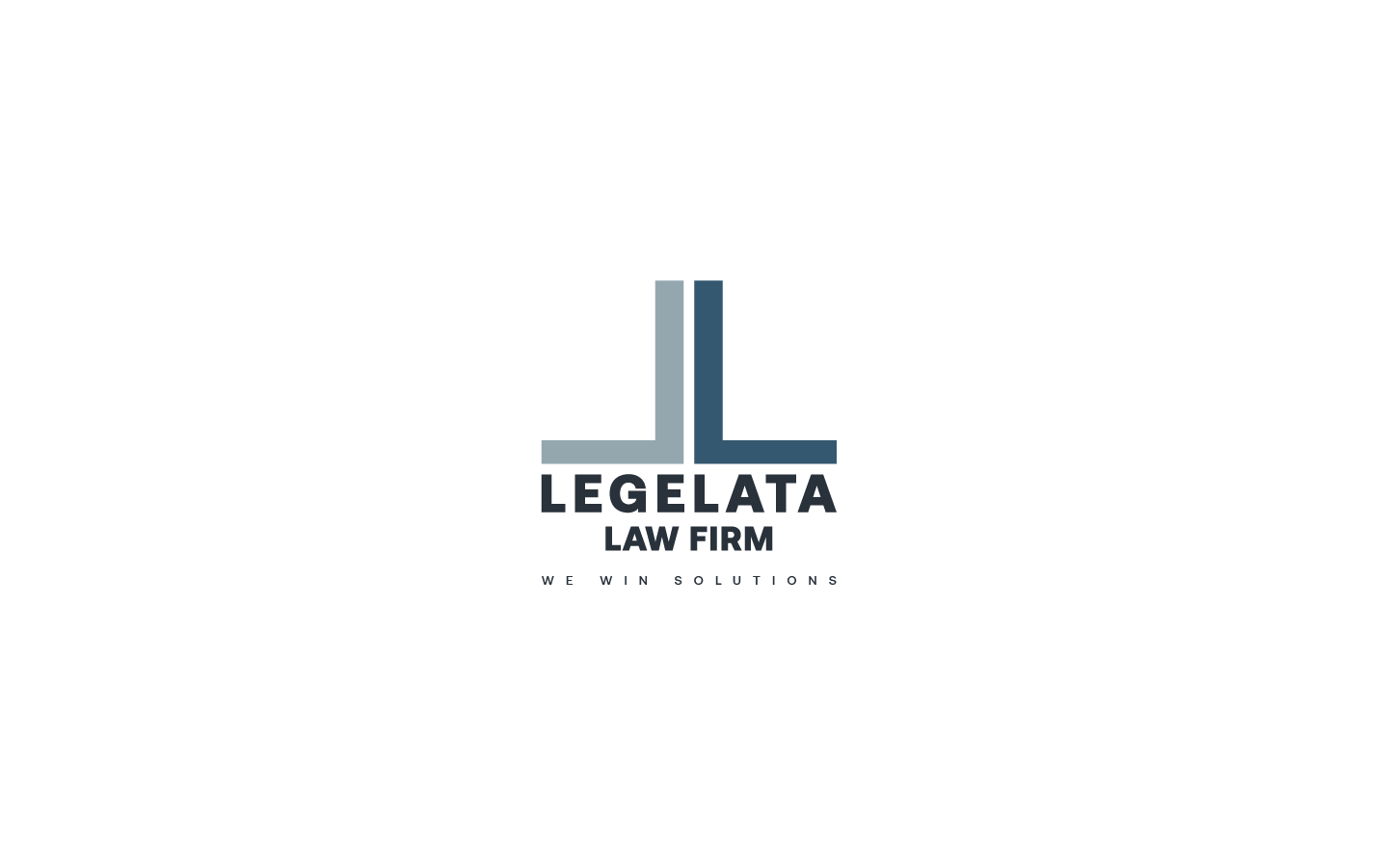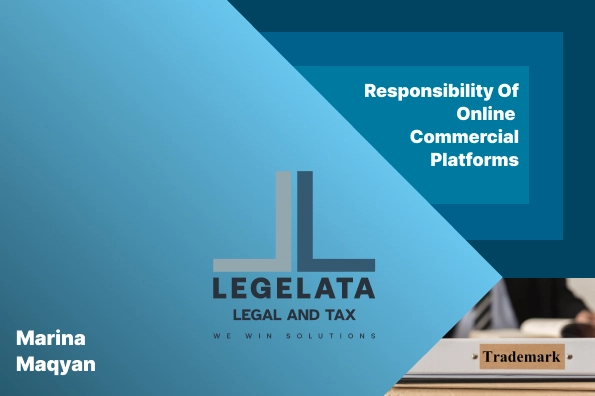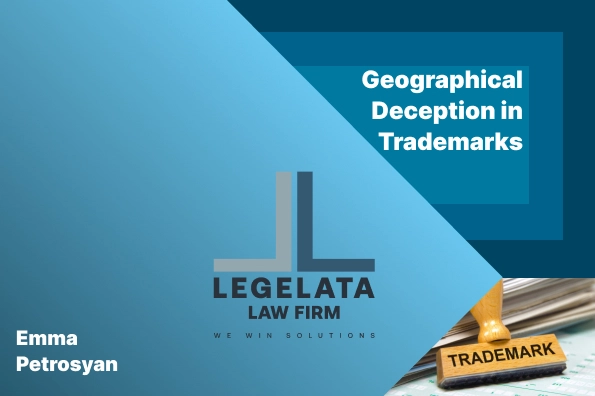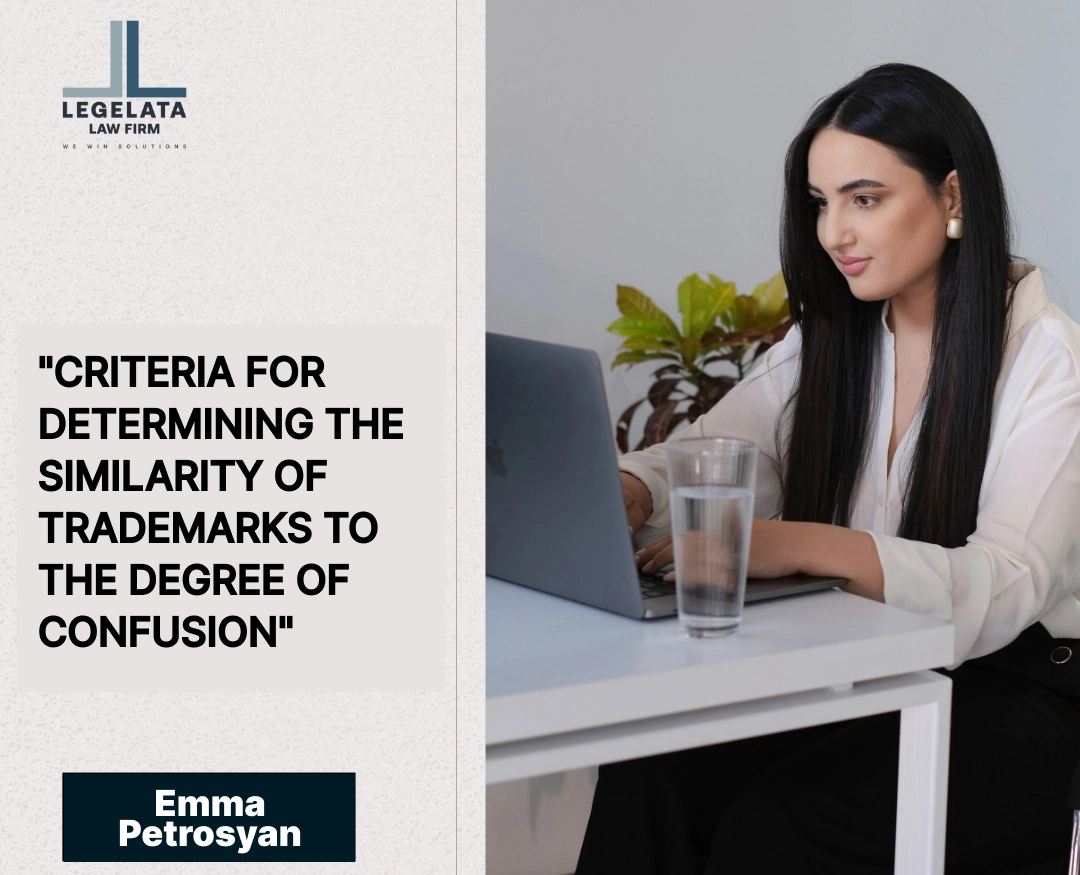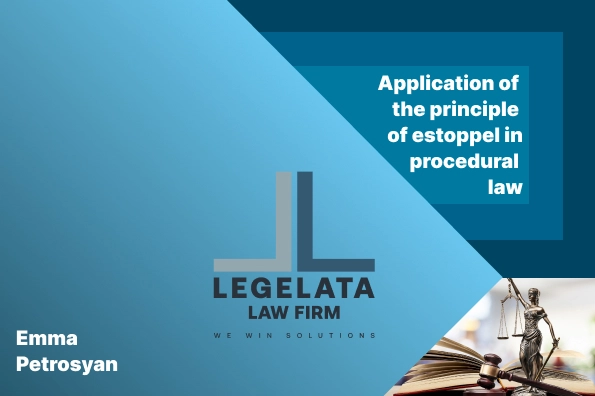In the modern era, the digitalization of the network economy is proceeding at a rapid pace both in the whole world and in the RA. The Internet plays a key role in this process, which is an irreplaceable component of the innovative development of the economy and modern business activities.
However, along with these developments, negative phenomena also appear. Often, civil circulation entities use a trademark belonging to other entities when posting information or advertising about the products they sell or the services they provide, which is now carried out not only on e-commerce platforms, but also in other non-traditional areas, such as social media sites (for example, Facebook, Instagram) .
It is obvious that in the digital domain, various entities that are not typical of traditional commerce participate in commercial relations, such as online advertisers, operators of search engines, Internet access service providers, etc. Given the characteristics of the Internet, it is often impossible to identify and prosecute the immediate infriger.
Therefore, trademark rights holders are faced with the problem of how to protect their exclusive rights from the above-mentioned actors of the online domain, whether the burden of protection of the mark is borne exclusively by the right holder, whether the operators of online platforms are obliged to exercise control over the products sold, whether they should take preventive actions or wait for rights holders to file infringement notices. In order to eliminate these many issues, the so-called institution of secondary or additional responsibility of the operator of the electronic trading platform was formed from judicial practice. Secondary liability of online trading platforms refers to the legal liability that these platforms may incur for the infringing actions of their users.
The legal framework governing the liability of online platforms varies from jurisdiction to jurisdiction, but is often based on general principles of intellectual property law as well as specific legislation tailored to the digital environment, such as the Digital Millennium Copyright Act (DMCA) in the United States and the European Union's Directive on Electronic Commerce.
Criteria for the Application of Secondary Liability
The practical issues of holding trading platforms accountable are driven by the economic significance and social utility of those services, search engines, online markets and other types of intermediaries are the main drivers of the development of the digital economy.
In some cases, platforms benefit from a certain "immunity", as in the case of Article 416.2 of the RA Civil Code, according to which the operator of a website or electronic platform for concluding or performing contracts for third parties (the operator of an electronic trading platform) is not responsible for obligations arising from contracts concluded between third parties, unless otherwise provided by law, by the contract concluded between the operator of the electronic trading platform and a third party.
This approach is quite worthy of criticism, as it ignores the need to protect the interests of the trademark owner. A similar position was expressed by the EU Court of Justice in case Christian Louboutin v. Amazon Europe Core Sàrl and others. The Court emphasized the need to apply secondary liability in all cases when the trading platform has an active role in the electronic trading process, can be aware of the infringing actions of a third party and control its activities .
Conclusion
It is necessary to choose a balanced approach to the discussed problem. While the burden to detect and prevent infringements should continue to lie primarily with rights holders, other actors, including trading platforms, should not shirk responsibility. However, in relation to defining the bases of liability, special attention is required to protect the rights of the right holder establishing a fair balance between the normal operation of the platform, as disproportionate and unjustified interference will disrupt the dynamic development process of the digital economy.
Author:
Marina Maqyan
Associate, Legelata Law Firm
DISCLAIMER:
This material is produced for Legelata LLC. The information contained in this piece is provided for general informational purposes only and does not contain a comprehensive analysis of each item described. Prior to undertaking (or not to undertaking) any actions, the reader is advised to seek professional advice tailored to their specific situation. Legelata or the author accepts and holds no liability for acts or omissions taken in reliance upon the contents of the contained information in this material.
LEGELATA LLC 08.05.2024
